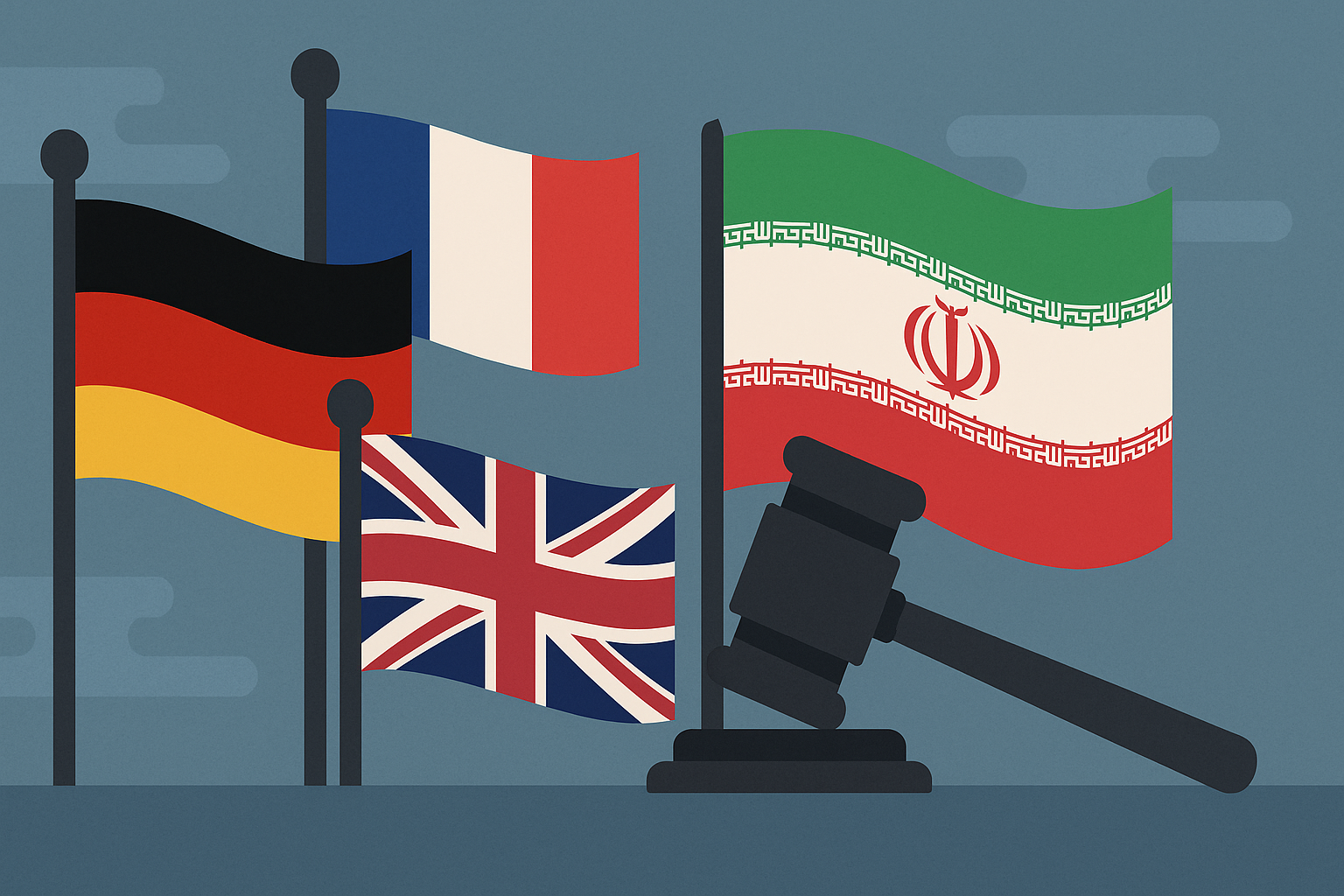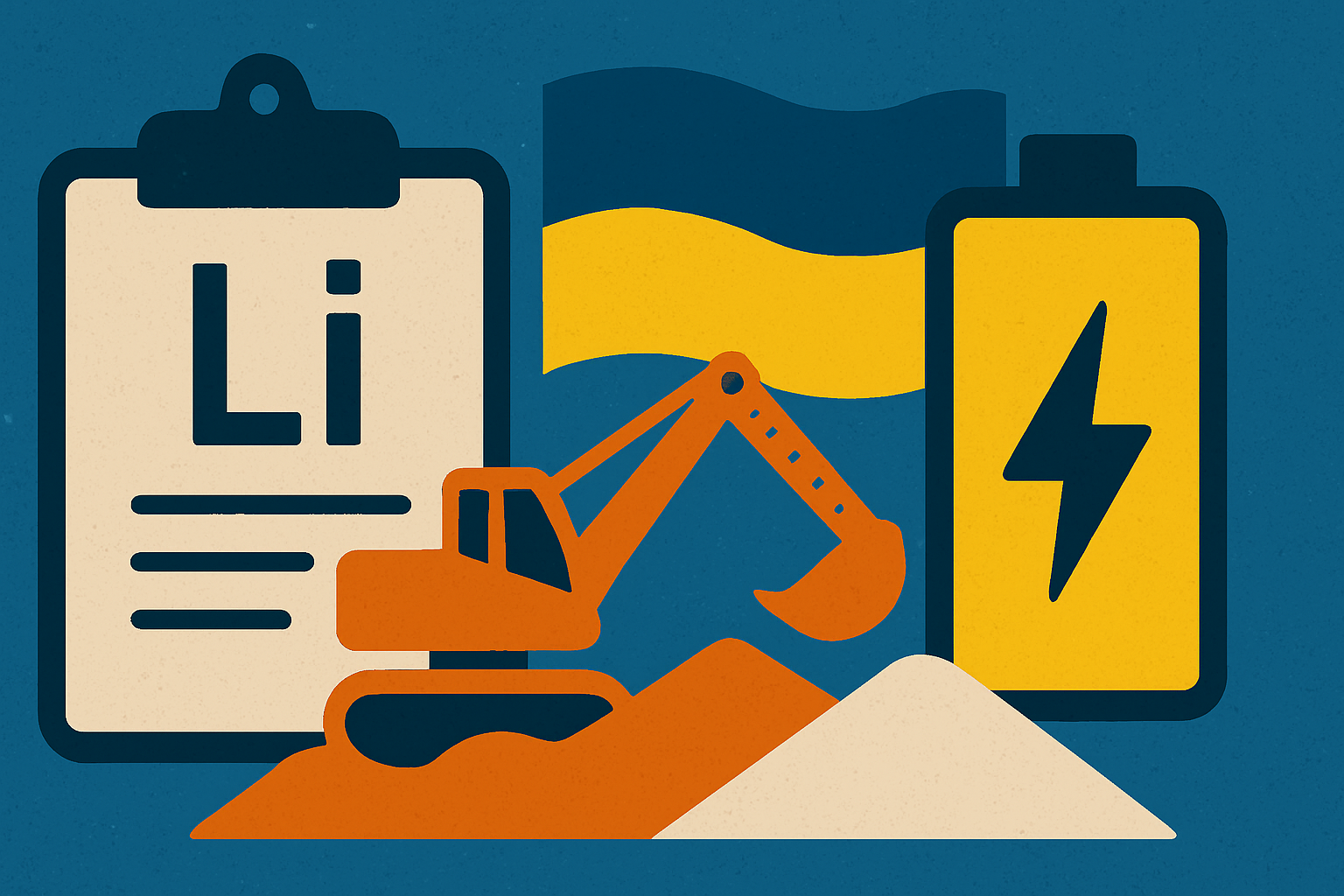European powers are preparing to activate a United Nations process that could see sanctions reimposed on Iran over its expanding nuclear programme. Officials from the UK, France, and Germany confirmed on Thursday that they are considering triggering the “snapback” mechanism under the 2015 nuclear accord, a move that would escalate tensions between Tehran and the West.
Background to the Dispute
The 2015 agreement—signed by Iran, the United States, the E3 (UK, France, Germany), Russia, and China—placed strict limits on Iran’s nuclear activities in exchange for sanctions relief. However, the deal began to unravel when former U.S. President Donald Trump withdrew Washington’s support during his first term in office and reinstated sanctions. Since then, Iran has expanded uranium enrichment to levels approaching weapons-grade and reduced its cooperation with the International Atomic Energy Agency (IAEA).
European frustration has grown as Tehran has shown little willingness to reverse course. Last month, the E3 proposed extending the snapback deadline by several months if Iran resumed nuclear talks with Washington and restored cooperation with international inspectors. But little progress was made, particularly after Israel’s 12-day war with Iran in June, which the U.S. briefly joined to strike Iranian nuclear sites.
Tehran’s Demands and Threats
Iranian officials have made it clear they will only return to talks if the United States offers guarantees—chiefly, that Iran would not be attacked during negotiations and that Washington would compensate for war damage. Tehran has also warned that any reimposition of sanctions will prompt retaliation and potentially a suspension of cooperation with the IAEA.
Foreign Minister Abbas Araghchi went further, saying the E3 had “no legal or moral grounds” to trigger the snapback and warning that if they did, they would be excluded from future nuclear talks. He accused the European powers of failing to meet their obligations under the 2015 agreement and dismissed their importance following the U.S. withdrawal.
The Role of the IAEA
Rafael Grossi, Director-General of the IAEA, confirmed this week that inspectors had arrived at Iran’s Bushehr nuclear power plant, though it remains unclear whether Tehran will allow full inspections of enrichment facilities damaged during the June strikes. Grossi noted that if inspectors were granted full access, they could deliver a comprehensive assessment within 30 days.
Despite the ongoing uncertainty, Grossi expressed cautious optimism, stressing that diplomacy remains the only path to a sustainable solution. “It is obvious that we need collectively to get to a better place,” he said, adding that any lasting resolution must go beyond reliance on military force.
A Narrow Window for Diplomacy
Should the snapback mechanism be triggered, UN sanctions would not be reimposed immediately but after a 30-day window. European diplomats hope this period could still provide an opening for negotiations. Yet, trust between Washington and Tehran has eroded further since the June conflict, leaving the prospects of revived talks uncertain.
For now, the standoff underscores a broader geopolitical impasse: European powers are determined to curb Iran’s nuclear ambitions, while Tehran insists on security guarantees and reparations before engaging meaningfully in dialogue.








